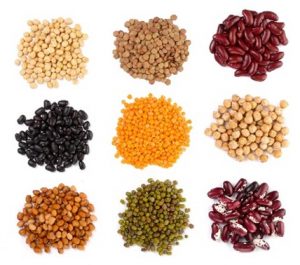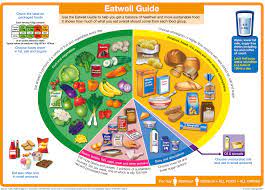We are all know about the benefits of fruits and vegetables and the importance of getting our 5 a day.
Focussing on fruits – they are a fantastic source of antioxidants, vitamins, minerals and fibre which need to be consumed as part of a well-balanced healthy diet.
It is important not to stress too much on the benefits of one fruit over another but bear in mind it is a good idea to eat a variety of different coloured fruits and vegetables in your diet. Ever heard the phrase “eat a rainbow?” This means choosing a variety of different coloured whole foods throughout the day and week.
However, did you know that as many fruits ripen this can affect the nutritional composition?
Nutrition consultant, Debra Williams from Eat Well Now explains this in more detail.
Sugar content increases as fruits ripen
As fruits go through the ripening process there is an increase in the breakdown of starch which is converted into simple sugars such as sucrose, glucose and fructose. These sugars are more easily and quickly absorbed into the bloodstream. This is something to bear in mind if you are diabetic as you ideally want to consume carbohydrates that are more slowly absorbed and have a low glycaemic index. As an example, for diabetics it is best to have bananas that are more unripe (greener in colour) and avoid too many yellow bananas.
Another fact to note is more sugar means more calories so for people that are trying to lose weight this may be a concern. However, to counter that for some individuals eating under ripe fruit may be an advantage in that some fruits for example, green bananas contain more resistant starch. Resistant starch is not digested in the small intestine and can be helpful as a food source for our gut bacteria.
Antioxidants generally increase as fruits ripen
Why is this? Fruits undergo important metabolic changes during ripening, including chlorophyll breakdown, anthocyanin or carotenoid pigment accumulation. However, this is not the case for all fruits and some antioxidant classes (phenolic compounds) can decrease as fruits ripen. There is a huge array of research published on the health benefits of antioxidants and them being protective against heart disease, cancer and other diseases. Blackberries are particularly high in antioxidants. Blackberries are a rich source of anthocyanins, powerful antioxidants that give them their deep purple colour. However, they are also high in vitamin C and potassium.
Vitamin C can increase or decrease during ripening
This really depends on the type of fruit. For example, in citrus fruits such as oranges and lemons the vitamin C is highest when the fruit is not as ripe. Vitamin C (ascorbic acid) is highly unstable and has a short shelf life so when fruits are stored for too long the vitamin C can diminish over time. Vitamin C is a water-soluble vitamin and has various benefits such as boosting our immune system, maintaining healthy skin and aid in wound healing.
The level of minerals in fruit does not change much as they ripen
The mineral content of fruit very rarely changes much during the ripening process so for example a green banana will contain a similar amount of potassium as a yellow banana.
What about buying frozen, canned or dried fruit?
It is also important to note that frozen, dried and tinned fruit can be equally as nutritious as fresh fruit as they are often processed immediately after harvesting so some nutrients are likely to be higher as the fruits will not have been left in storage for too long.
There are many factors that can affect the nutritional composition of fruit and these include use of fertilisers, soil composition, growing and storage conditions.
So when we next look at the fruit in our fruit bowls it is well worth thinking about the journey the fruit has taken from when it has been harvested and how over time the nutritional content can vary. Overall though we all need to be eating more fruits and vegetables in our diets. With the cost-of-living crisis a concern for many of us it can be comforting to know that we do not always need to buy fresh fruit and we can consider buying tinned, frozen or dried fruit.

